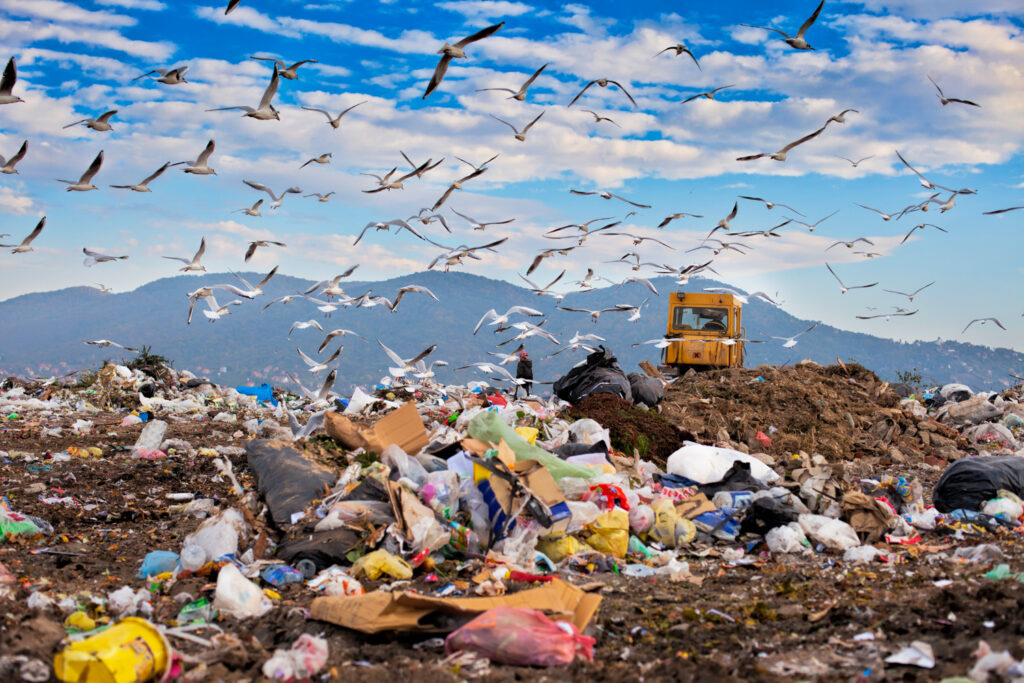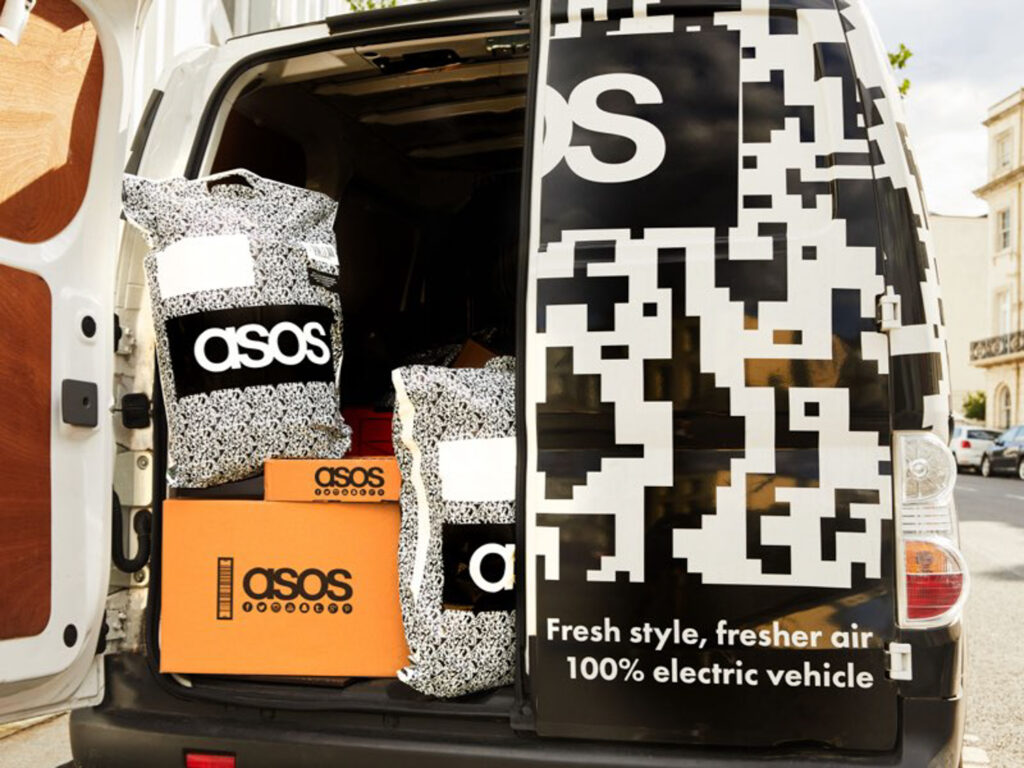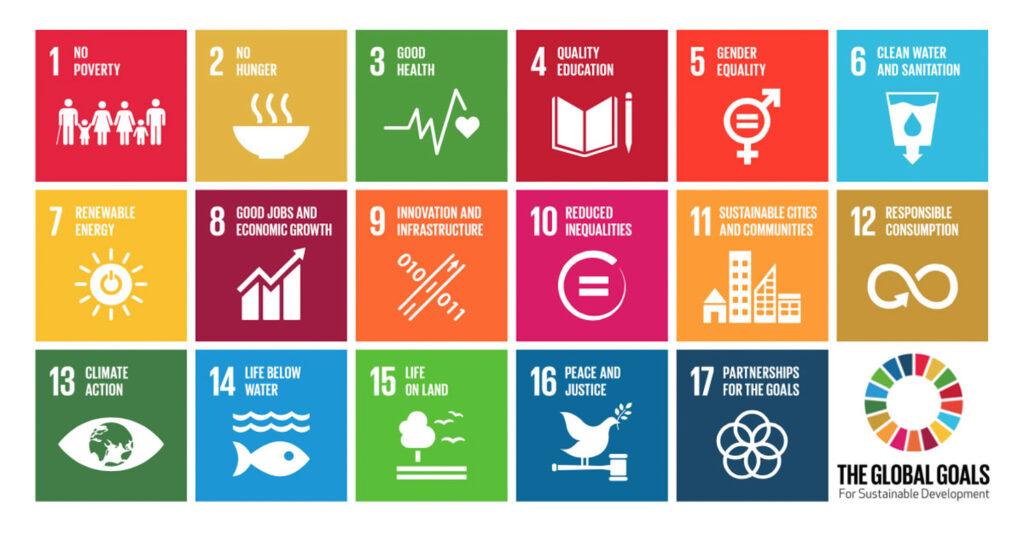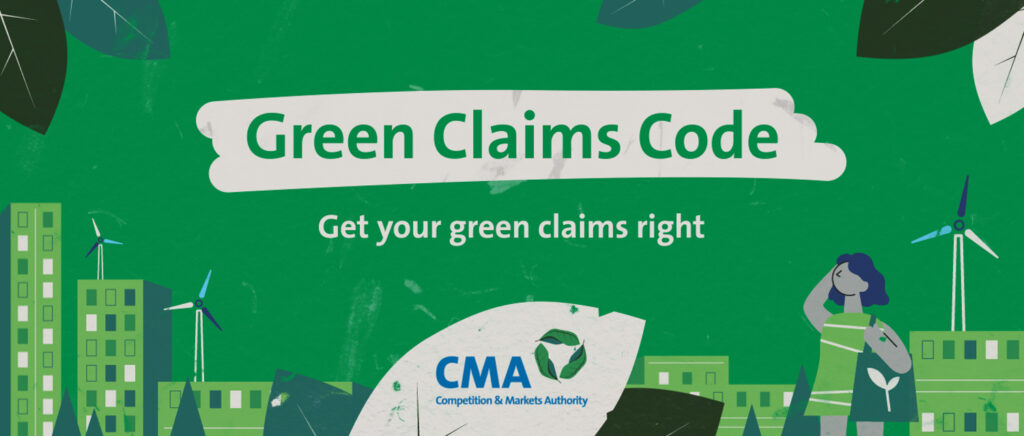
The blame for the climate crisis has always been shifted onto consumers - consumers are encouraged to thrift clothes, be aware of their carbon footprint and recycle. Yet interestingly enough, the corporations spewing these mantras are incapable of changing themselves, even when their consumers started to prioritise eco-friendly and sustainably-made products. A sweep study by the Competition and Markets Authority (CMA) and The Netherlands Authority for Consumers and Markets (ACM) looked at almost 344 “seemingly dubious” environmental and sustainability claims made on e-commerce sites. The category for these sites included clothing and textiles, beauty and wellness and household equipment. And the finding? 42% of claims were misleading or deceptive, and some even illegal. The hypocrisy of these self-proclaimed 'ethical businesses' to shift the blame of the climate crisis onto consumers, then not step up to the plate by enforcing sustainability measures themselves whilst simultaneously lying to consumers for sales is disgusting and horribly unethical.

One of the largest offenders of greenwashing is fast fashion. Many brands have come under fire for their high carbon footprint and low quality clothing that encourages consumers to buy more, as well as manufacturing practices that look more like modern day slavery. In the last few months, online fast fashion giants ASOS and Boohoo have come under fire for their sustainability claims and are being investigated by the British Competition and Markets authority. With a large spotlight being placed on the sustainable and ethical practices of fast fashion companies, the ‘Responsible edit’ from ASOS and ‘Ready for the Future’ by Boohoo aim to provide an answer to consumers’ needs for cheap yet ethical clothing. However what makes a company sustainable is not a singular line or collection of products but a revamp of the entire business’ operations, from material sourcing to supply chain production. Boohoo is clearly not ‘Ready for the Future’ when just recently in 2020, in the peak of the COVID-19 pandemic, they were found to be outsourcing production to a cramped warehouse in Leicester and paying workers just £3.50 an hour. In looking at the wider picture, these large organisations are simply playing consumers as fools with their greenwashed, feel-good product lines.

The most common problem on these sites was a lack of transparency and information. “Terms such as ecological, organic, and environmentally friendly were used frequently and without substantiation,” the Netherlands Authority for Consumers and Markets (ACM) said. Ethical businesses can’t simply claim to be sustainable - they need to back it up. Whilst there are no official or legally-mandated sustainability requirements at the moment, there are many reputable organisations that have created recommended guidelines for sustainable businesses to follow. The CMA launched a Green Claims Code for businesses to advise them on how to promote environmental initiatives honestly. The UN’s Sustainable Development Goals present a blueprint for how people and organisations can achieve a sustainable and better future, yet few large companies engage with it or accurately measure their progress towards these goals on an ongoing basis. Important data that helps consumers assess the reliability of a sustainable claim would include using sustainably certified warehouses that ensure workers are paid a living wage and being able to trace materials used to sustainable farms/sources. Ongoing tracking of carbon footprint and active progress in reducing that footprint would show commitment to sustainability. There is a lot that organisations can do, but aren’t.

Businesses know that sustainability sells. As consumers continue to call out so-called 'ethical businesses' and demand that they change their operations to be more environmentally friendly and ethical, they will need to invest in real measures. The controversies and criticisms these businesses currently face prove that they are not wholeheartedly attempting to change for the better. Businesses shouldn't be discouraged from pursuing sustainability, but large corporations like ASOS and Boohoo that can afford to invest in sustainability need to be called out for what they’re currently doing - greenwashing.
